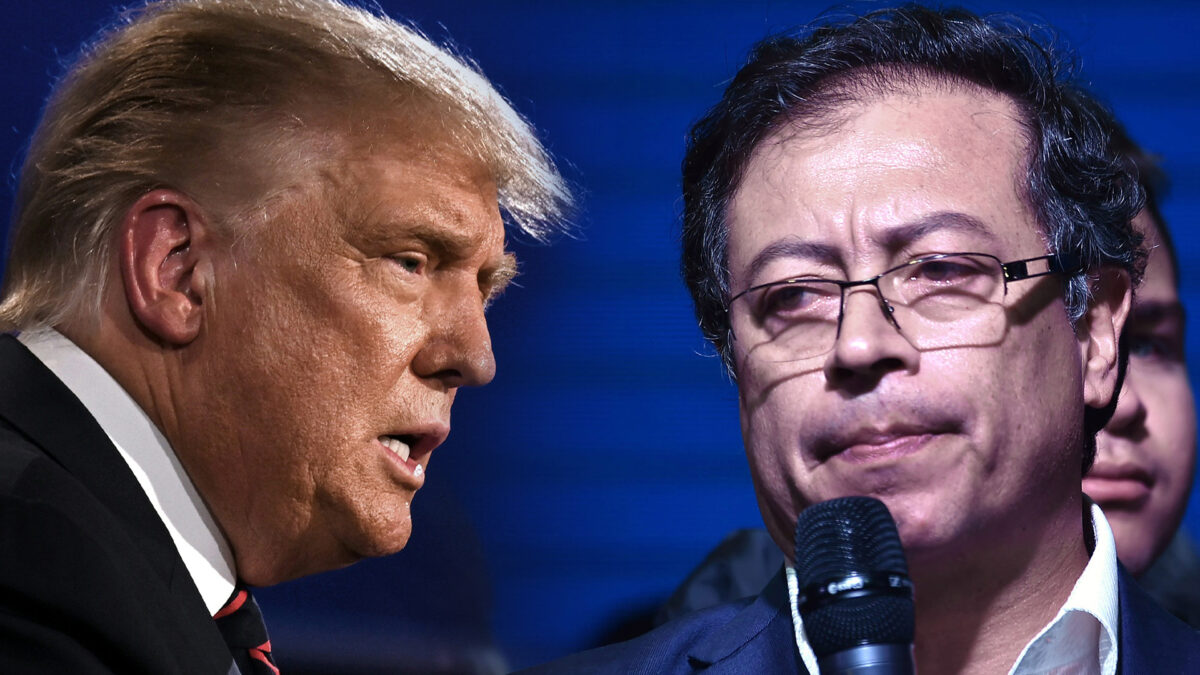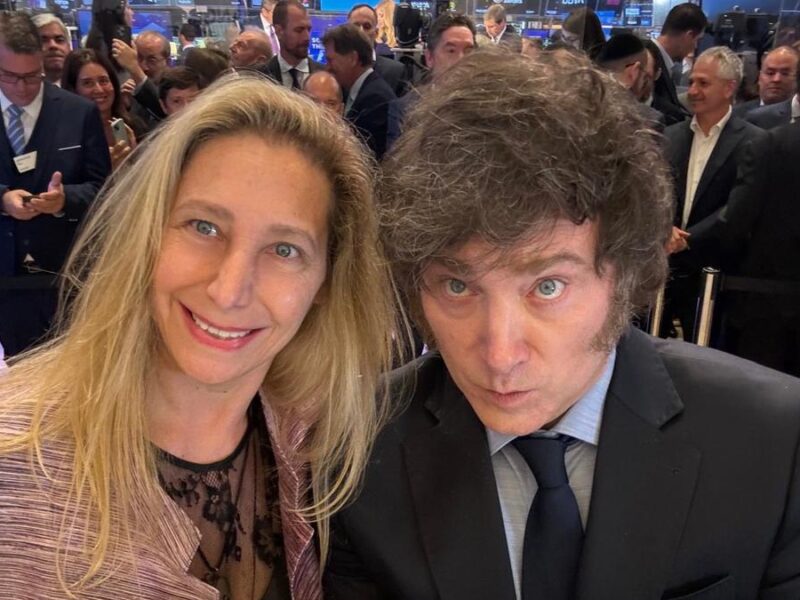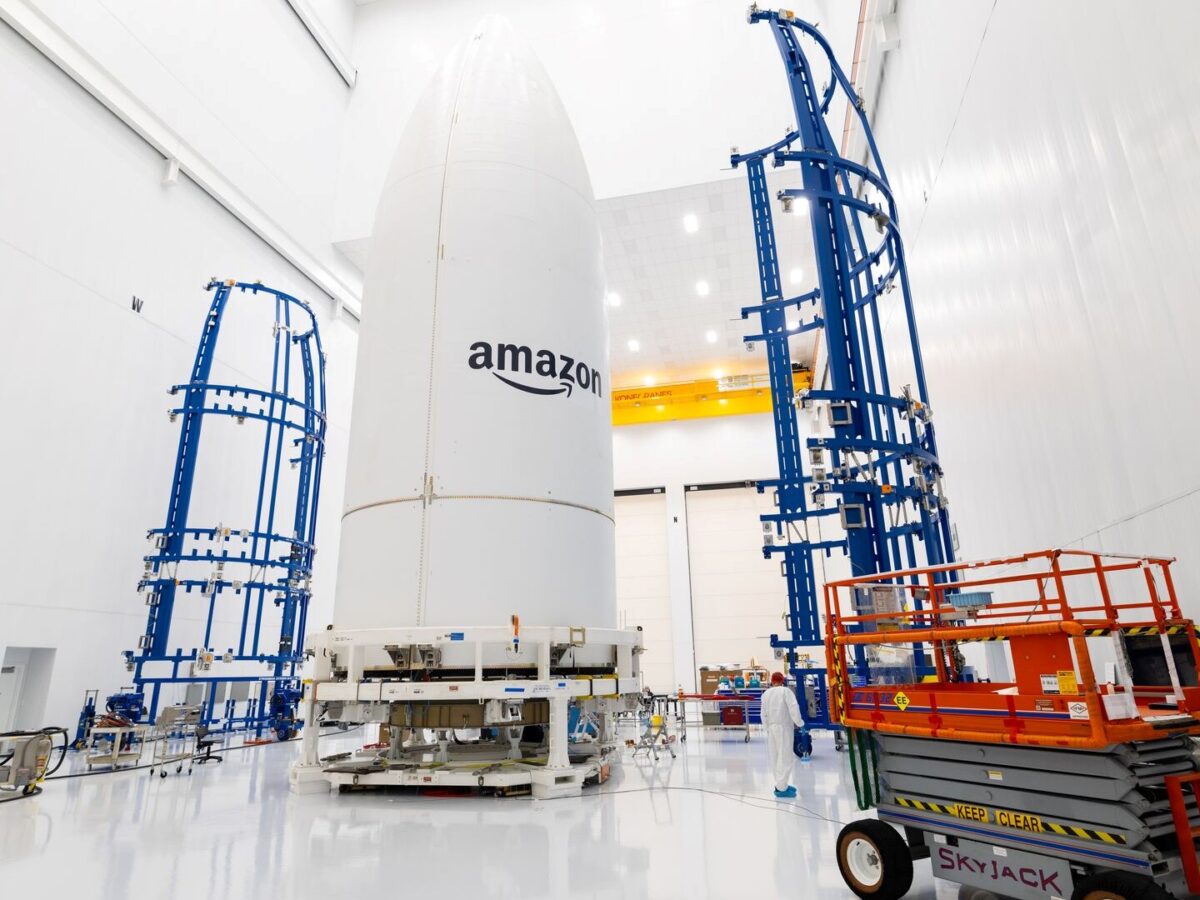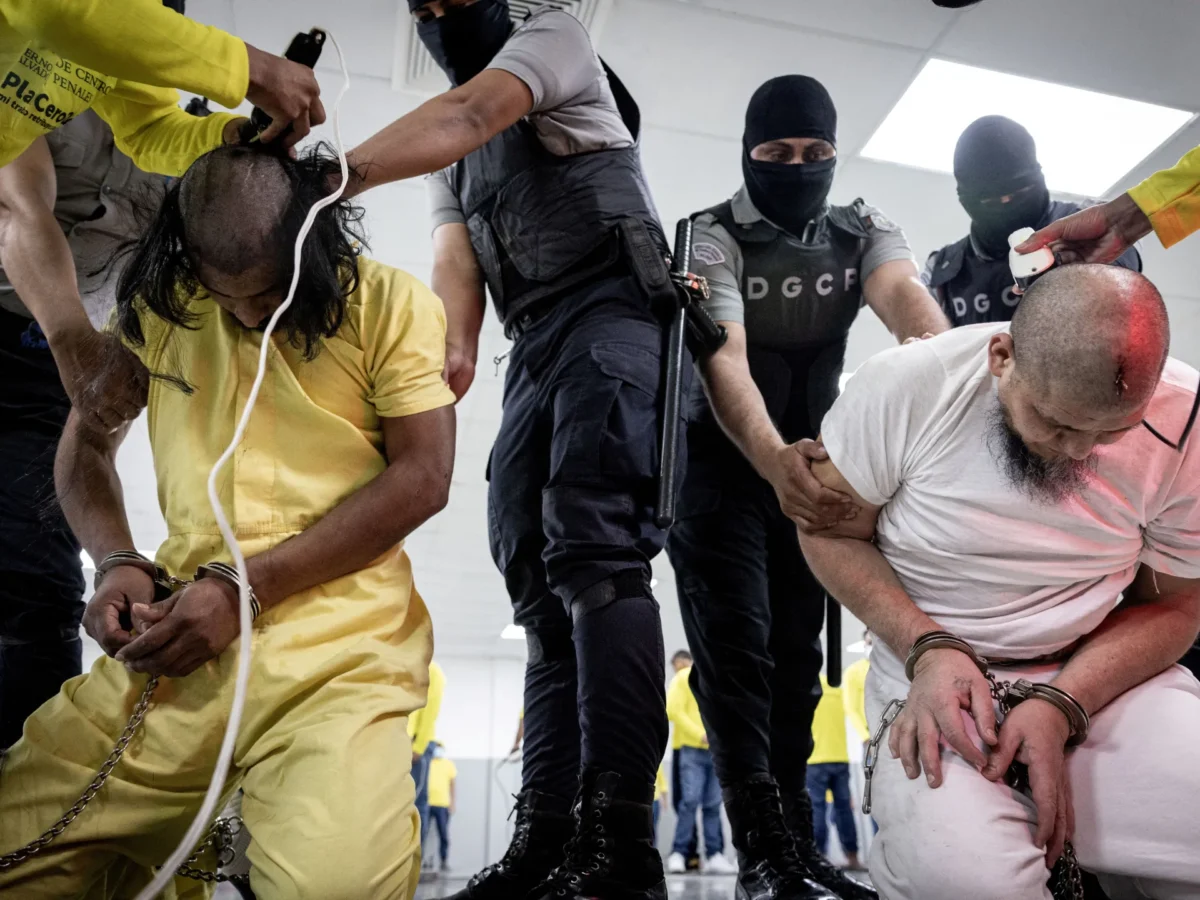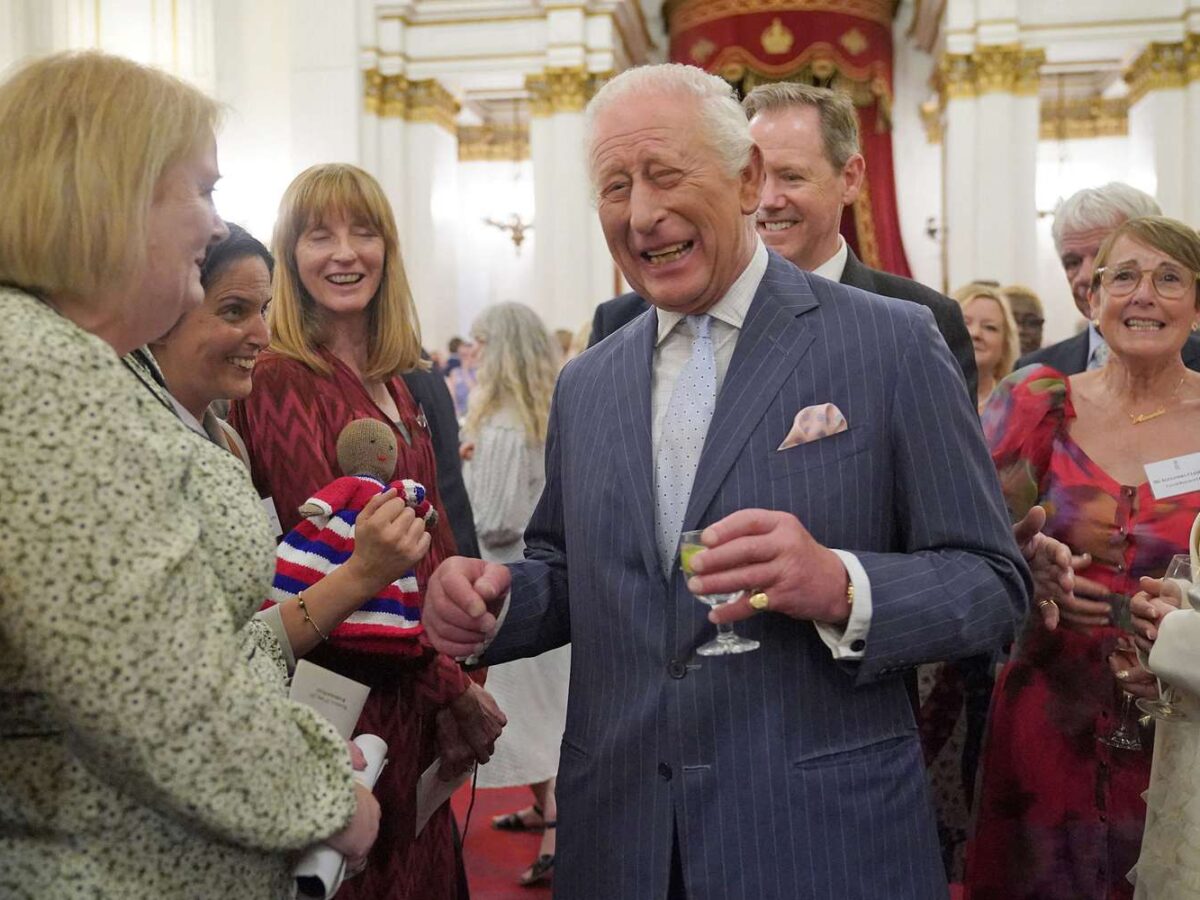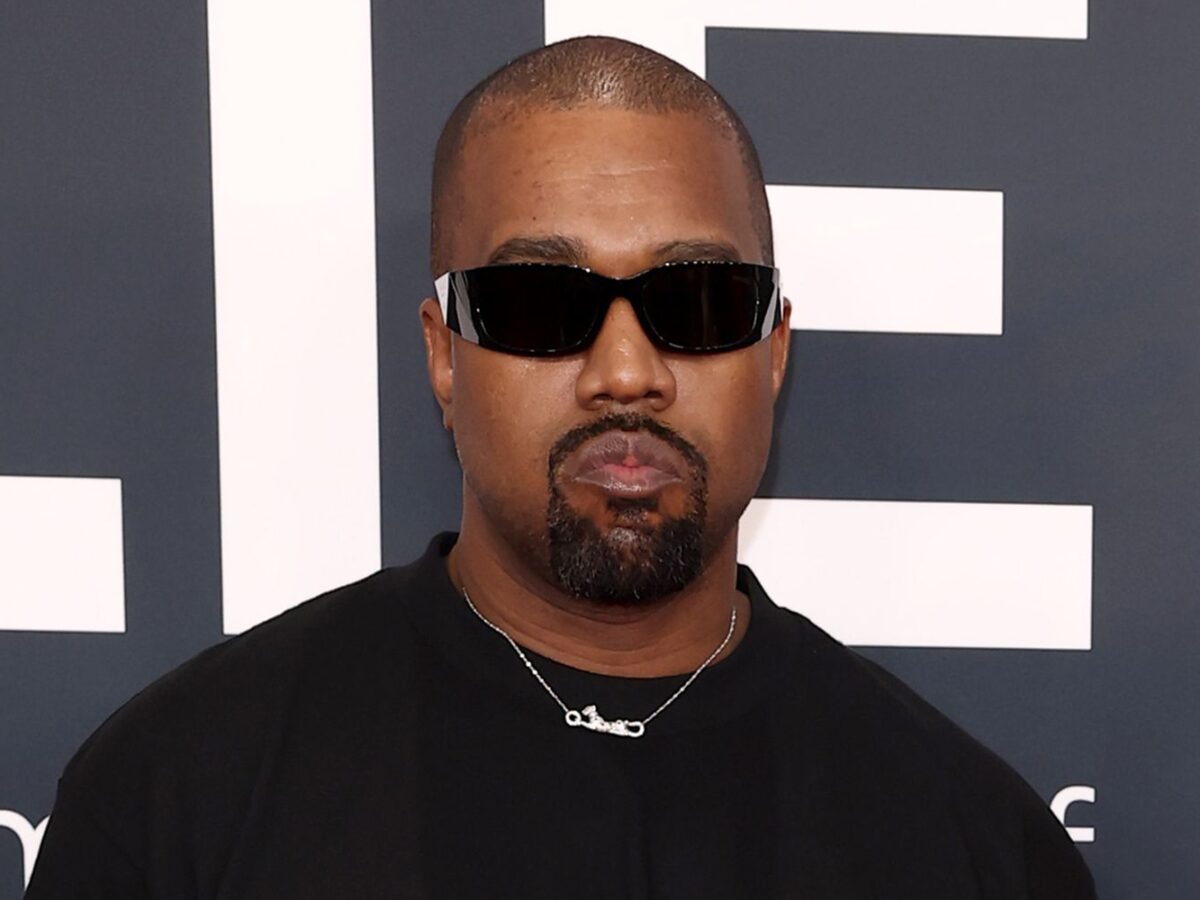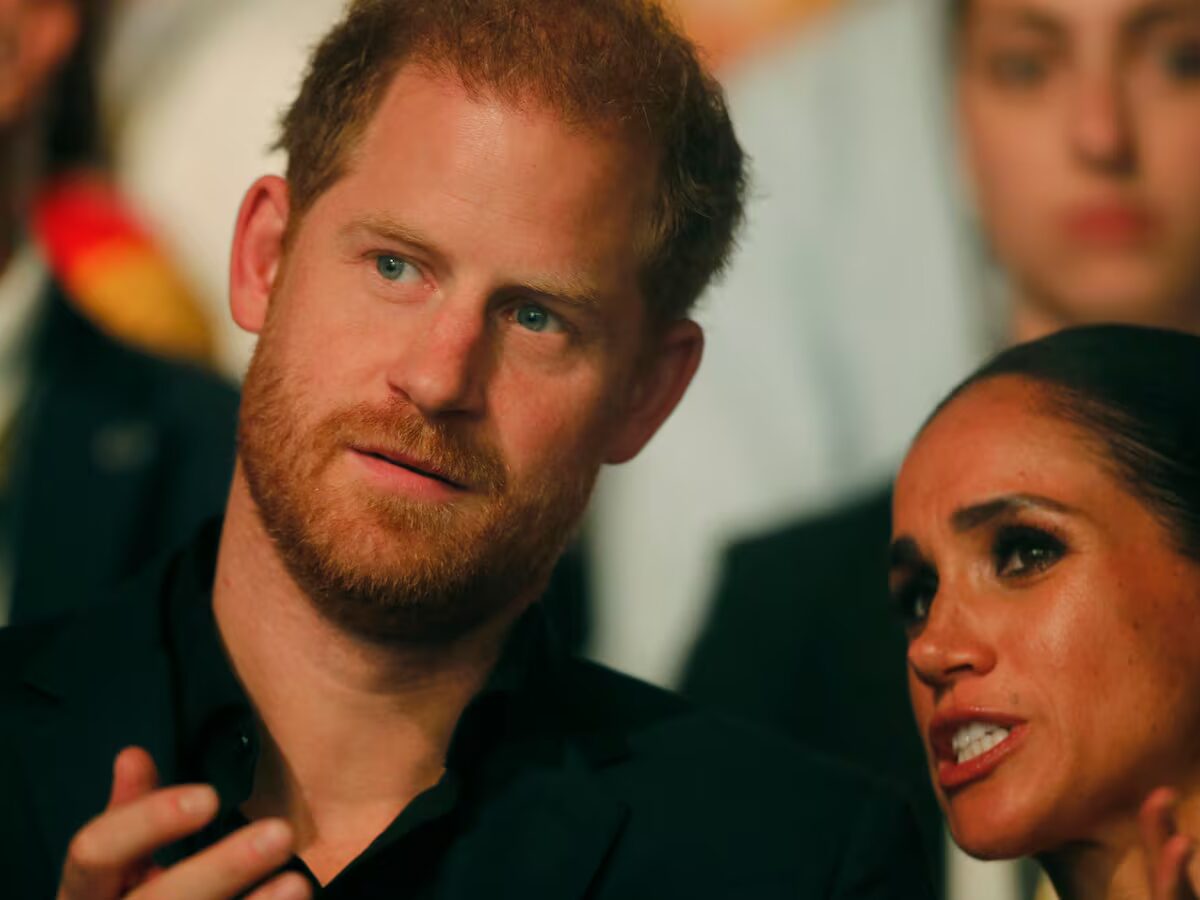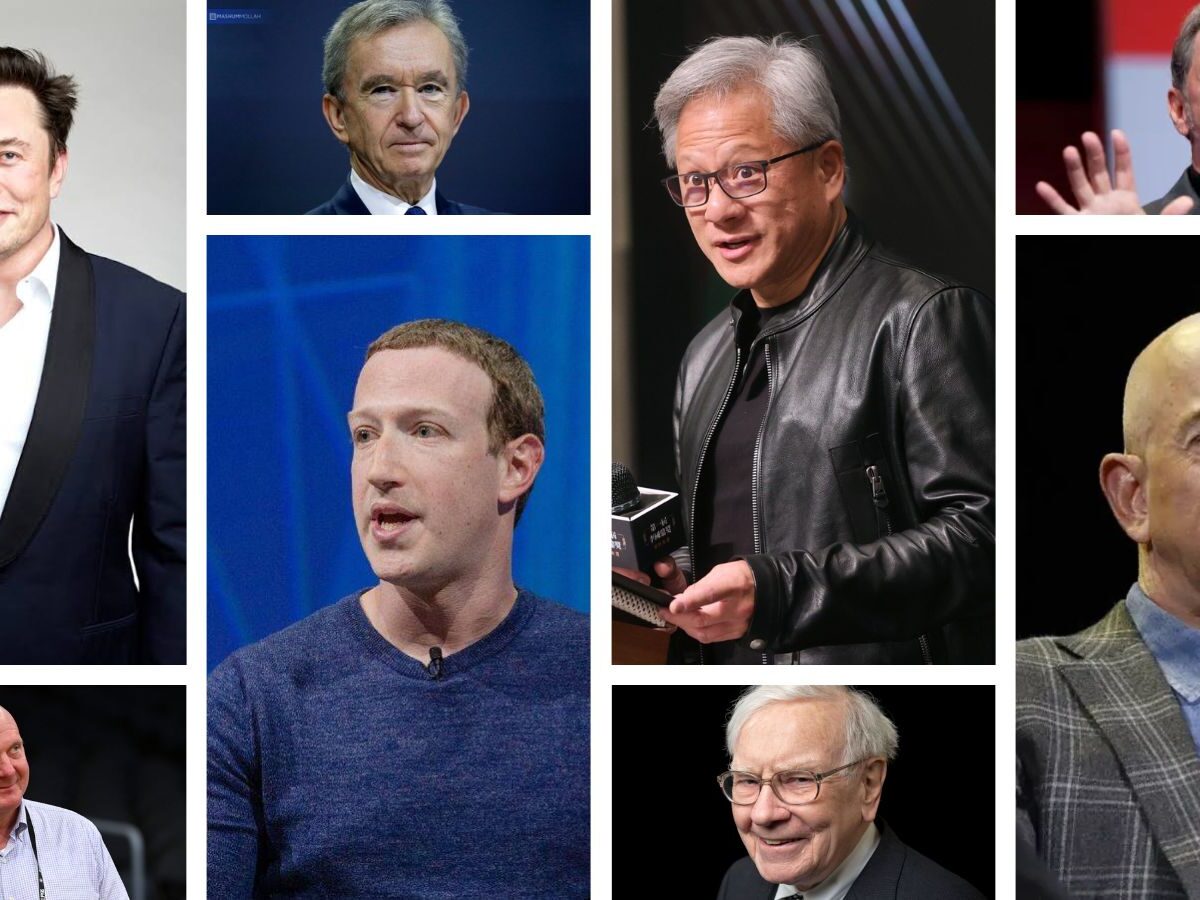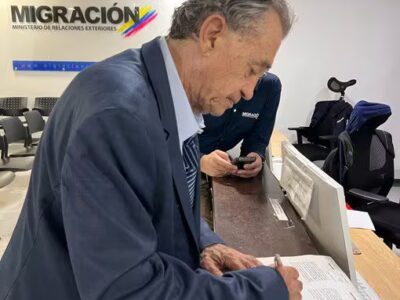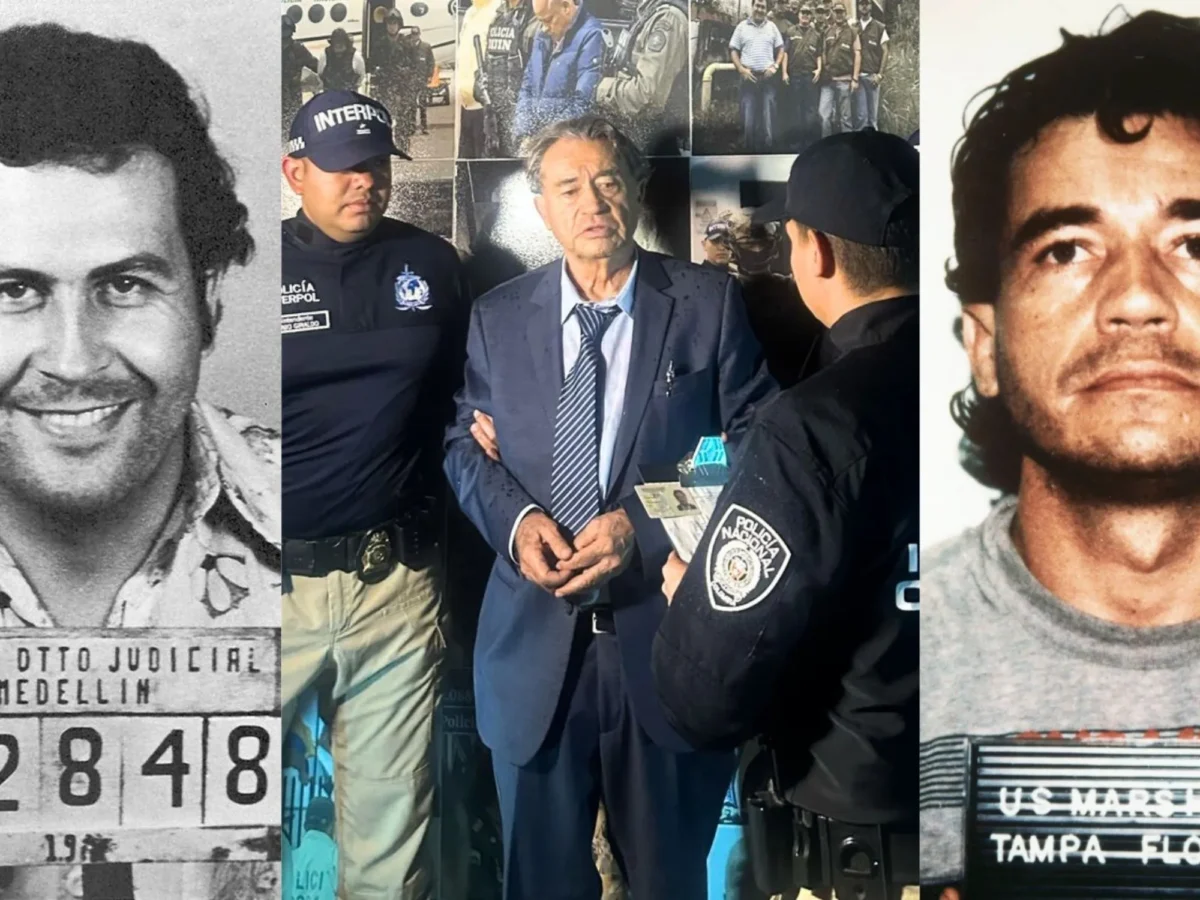Petro Defends U.S. Aid Programs Amid Trump’s Criticism
Former U.S. President Donald Trump stirred controversy once again by criticizing U.S. financial aid programs in Colombia, specifically targeting initiatives that support Afro-Colombian communities. His comments, made during a speech at the U.S. Congress, labeled the funds as a “waste,” questioning their effectiveness and relevance to American interests. This statement has ignited a heated response from Colombian President Gustavo Petro, who swiftly rejected Trump’s claims and defended the cooperation between the two nations.
Petro, known for his outspoken stance on sovereignty and social justice, emphasized that these aid programs are not merely handouts but strategic investments that have helped combat violence, poverty, and drug trafficking. In a sharp rebuttal, the Colombian leader argued that U.S. support through agencies like USAID has been fundamental in fostering peace and economic development in historically marginalized regions.
A Diplomatic Rift or Political Posturing?
Petro’s response was not just a defense of financial aid but also a critique of Trump’s broader foreign policy approach. The Colombian president highlighted that Trump’s remarks reflect a misunderstanding of Colombia’s social realities and the importance of international cooperation in addressing structural inequalities.
According to El Tiempo, Petro stressed that these funds are not gifts but part of a bilateral strategy to strengthen democracy, security, and human rights. He went further, suggesting that the real issue at stake is how Trump’s vision of “America First” undermines long-standing partnerships in Latin America. The Colombian leader accused the former U.S. president of oversimplifying complex socio-economic issues for political gain, particularly as Trump continues his campaign for a return to the White House.
Meanwhile, Colombian Foreign Minister Luis Gilberto Murillo reinforced Petro’s position, emphasizing that cooperation with the U.S. has historically benefited both nations. He noted that past U.S. administrations, both Republican and Democratic, have acknowledged the strategic value of these programs in fostering regional stability.
Petro’s Vision for Colombia-U.S. Relations
Beyond responding to Trump, Petro took the opportunity to outline his broader vision for Colombia’s foreign relations. He reiterated his commitment to building an independent foreign policy that prioritizes regional integration and less dependency on traditional superpowers.
According to Infobae, Petro suggested that Trump’s statements should serve as a wake-up call for Latin America to reevaluate its reliance on U.S. aid. Instead, he urged leaders across the region to seek alternative sources of funding and cooperation, particularly through South-South alliances. This perspective aligns with Petro’s broader goal of promoting economic self-sufficiency and reducing foreign influence over Colombia’s internal affairs.
However, while Petro maintains a strong nationalist rhetoric, his administration continues to work closely with the Biden government, focusing on issues such as climate change, counter-narcotics strategies, and human rights protection. This delicate balancing act demonstrates Petro’s pragmatic approach: challenging U.S. influence while ensuring Colombia remains a key player in regional geopolitics.
The exchange between Petro and Trump underscores the growing complexities in U.S.-Colombia relations, particularly in a shifting global landscape where traditional alliances are being redefined. With Trump gearing up for a potential return to power, questions remain: Will U.S. foreign aid to Latin America be significantly reduced? And how will countries like Colombia navigate this evolving diplomatic terrain?

